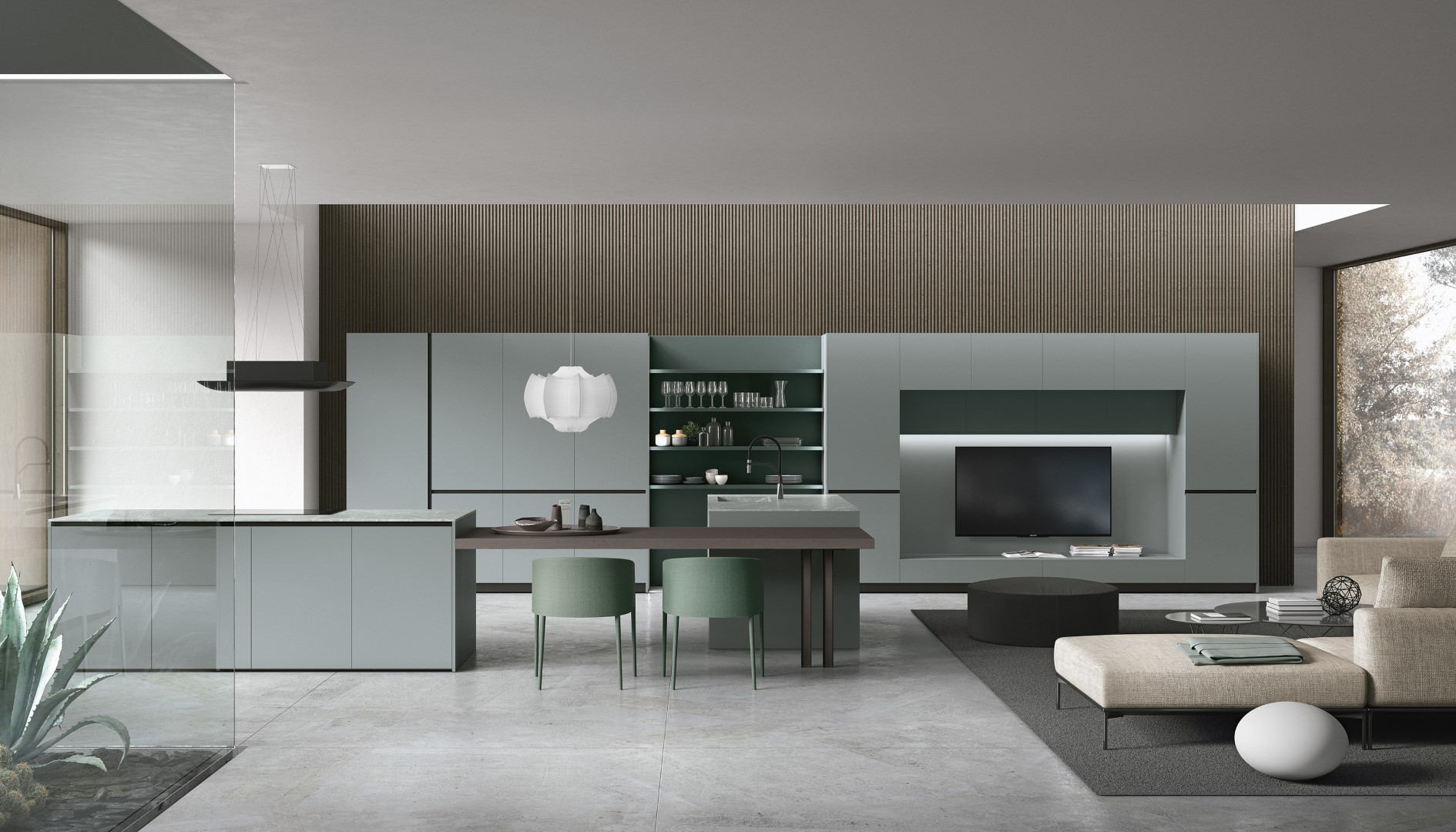
Marble vs. Quartz: Which Countertop is Right for You?
Choosing the right countertop for your kitchen or bathroom is a significant decision that can impact both the aesthetics and functionality of your space. Two popular options are marble and quartz, each with its own set of advantages and drawbacks. In this article, we will explore the characteristics of marble and quartz countertops, compare their durability, maintenance requirements, cost, and aesthetic appeal to help you make an informed decision.
Understanding Marble Countertops
Marble has been a symbol of luxury and elegance for centuries. Known for its unique veining and natural beauty, marble countertops can add a touch of sophistication to any kitchen or bathroom. Marble is a metamorphic rock formed from limestone, and its natural patterns are the result of mineral impurities such as iron, graphite, or mica. This means that no two marble slabs are exactly alike, offering a one-of-a-kind look for your home.
However, marble is a porous material, which makes it susceptible to staining and etching from acidic substances like lemon juice or vinegar. This characteristic requires homeowners to be diligent about sealing their marble countertops regularly to protect them from damage. Despite these challenges, many people are drawn to marble for its timeless beauty and the way it can elevate the overall design of a space.
Exploring Quartz Countertops
Quartz countertops, on the other hand, are engineered stone products made from a combination of natural quartz crystals and resins. This manufacturing process allows for a wide range of colors and patterns, including options that mimic the look of natural stone like marble or granite. Quartz is non-porous, which means it is highly resistant to staining and does not require sealing, making it a low-maintenance option for busy households.
In addition to its durability, quartz is also known for its consistency in appearance. Unlike natural stone, quartz slabs are uniform in color and pattern, which can be an advantage for those seeking a more modern or streamlined look. According to a report by the Freedonia Group, quartz is expected to continue growing in popularity, with demand increasing by 4.8% annually through 2023, as more homeowners appreciate its practical benefits.
Durability and Maintenance
When it comes to durability, quartz has a clear advantage over marble. Quartz countertops are highly resistant to scratches, chips, and stains, making them ideal for high-traffic areas like kitchens. The non-porous nature of quartz also means that it is less likely to harbor bacteria, making it a hygienic choice for food preparation surfaces. In contrast, marble is softer and more prone to damage from everyday use, requiring more careful handling and maintenance.
Maintenance is another critical factor to consider. Marble countertops need to be sealed regularly to protect against stains and etching, and spills should be cleaned up immediately to prevent damage. Quartz, however, requires minimal upkeep, with just regular cleaning using mild soap and water. This ease of maintenance makes quartz an attractive option for those who prefer a hassle-free countertop solution.
Cost Considerations
The cost of marble and quartz countertops can vary significantly depending on factors such as the quality of the material, the complexity of the installation, and the region in which you live. Generally, marble tends to be more expensive than quartz, with prices ranging from $60 to $200 per square foot, including installation. The rarity and uniqueness of certain marble types can drive prices even higher.
Quartz countertops are typically more affordable, with prices ranging from $50 to $150 per square foot, including installation. The cost-effectiveness of quartz, combined with its durability and low maintenance requirements, makes it a popular choice for budget-conscious homeowners who do not want to compromise on style or quality.
Aesthetic Appeal
When it comes to aesthetics, both marble and quartz offer distinct advantages. Marble’s natural veining and unique patterns are unmatched, providing a classic and elegant look that can enhance the beauty of any space. Its timeless appeal has made it a favorite among designers and homeowners who appreciate its luxurious appearance.
Quartz, however, offers versatility in design that marble cannot match. With a wide range of colors and patterns available, quartz can complement any style, from traditional to contemporary. Additionally, quartz can be manufactured to mimic the look of natural stone, allowing homeowners to achieve the aesthetic they desire without the drawbacks associated with natural materials.
Conclusion: Making the Right Choice
Ultimately, the decision between marble and quartz countertops comes down to personal preference and lifestyle considerations. If you value the natural beauty and unique characteristics of marble and are willing to invest time in maintenance, marble may be the right choice for you. On the other hand, if you prioritize durability, ease of maintenance, and a wide range of design options, quartz could be the better option.
Consider your budget, the level of maintenance you are comfortable with, and the overall look you want to achieve in your space. By weighing these factors, you can make an informed decision that will enhance the beauty and functionality of your home for years to come.




 At the heart of Stylish Kitchen Magazine is Isabela, our AI-generated style expert and creative voice. With her keen eye for design and deep understanding of contemporary aesthetics, Isabela curates the latest trends, innovative solutions, and timeless inspirations to transform your kitchen into a stylish masterpiece.
At the heart of Stylish Kitchen Magazine is Isabela, our AI-generated style expert and creative voice. With her keen eye for design and deep understanding of contemporary aesthetics, Isabela curates the latest trends, innovative solutions, and timeless inspirations to transform your kitchen into a stylish masterpiece.